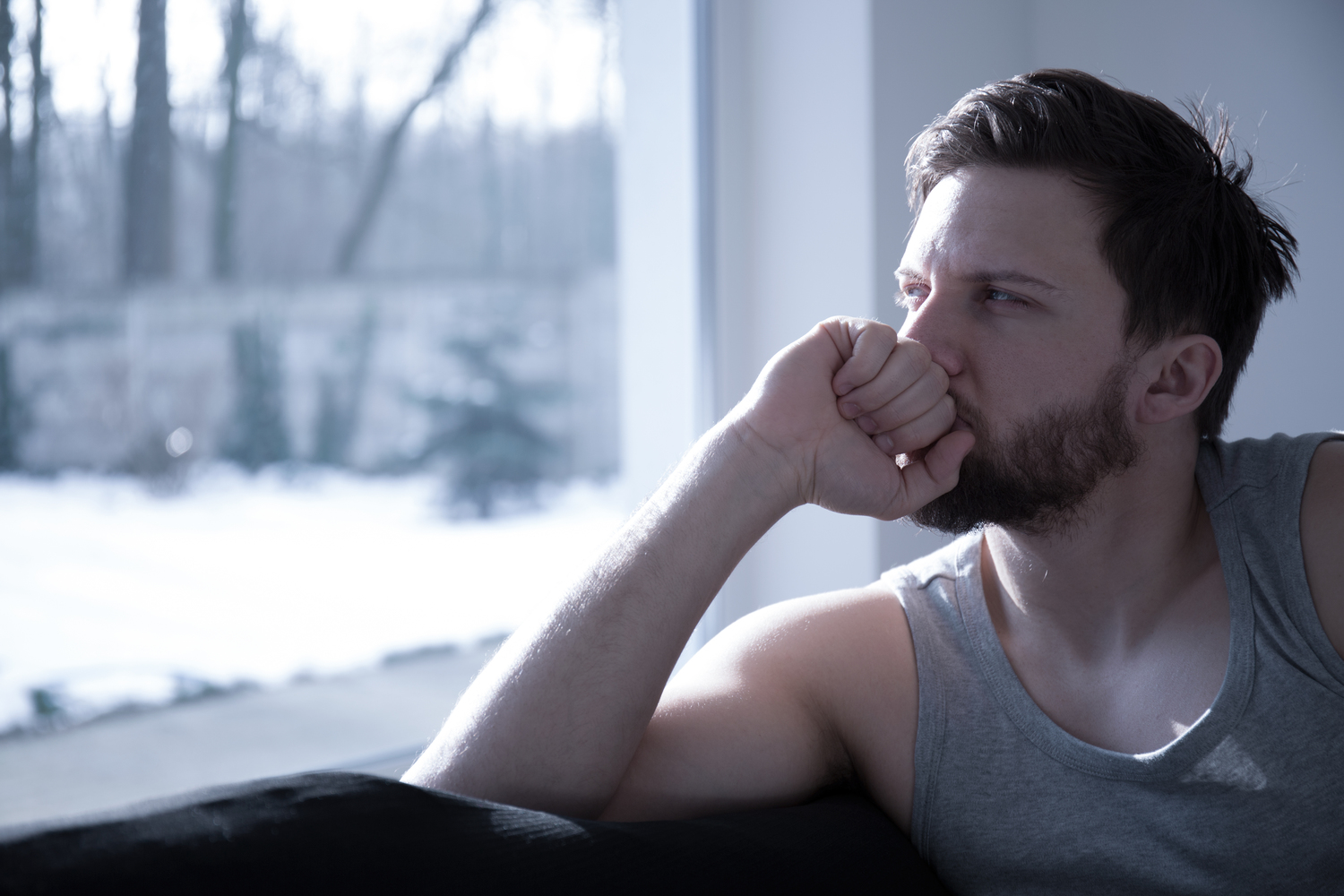
Conquer Daytime Drowsiness: Tackling Severe Sleepiness:
And Possible Treatment Options
There are a number of reasons why a person might be experiencing Daytime Sleepiness. Sleep Disorders, for instance, are a big culprit: from sleep apnea to narcolepsy, these disorders can have a serious impact on daily activities. Keep reading to learn more about sleep disorders that can cause daytime drowsiness, along with some possible treatment options to consider for each disorder:
1. Sleep apnea
Unfortunately, sleep apnea is growing into a more common cause of sleepiness for both children and adults. But what is sleep apnea? Sleep apnea is a disorder that causes the upper airway of the body to collapse for at least 10 seconds during slumber, up to hundreds of times per night, therefore causing breathing to repeatedly stop and start again. Two different types of sleep apnea include obstructive (an airway blockage) and central (the brain failing to send signals to the muscles responsible for controlling breath). Sleep apnea can result in loud snoring; far more severely, it can be fatal, although this is uncommon. For those with sleep apnea, the brain tries to protect its livelihood by waking the body up enough to breathe. However, this can result in a restless sleep which can, in turn, lead to daytime sleepiness. Sleep apnea can be treated in a number of ways, such as by mouthpieces (oral appliances) to open the airway, weight loss, continuous positive airway pressure (CPAP), and if nothing else works, surgery.
2. Insomnia
Insomnia is a sleep disorder that’s common, impacting up to 35% of adults. Those with insomnia can experience difficulty when it comes to falling asleep, remaining asleep, or getting a sleep that’s of good quality. In turn, insomnia can impact day-to-day life and cause sleepiness. However, insomnia can be a nonpermanent struggle or a long-standing one. Since insomnia can be worsened by factors such as stress, illnesses (physical or mental), and an irregular sleep schedule, it can be treated by improving sleeping habits or undergoing cognitive behavioral therapy (CBT). Medication for insomnia is also available.
3. Narcolepsy
Like sleep apnea and insomnia, narcolepsy is a sleep disorder. This disorder can cause severe, disabling sleepiness during the day. Those who have narcolepsy find it difficult to stay awake for extended periods of time and thus fall asleep suddenly, in turn having an impact on their day-to-day life. Narcolepsy is caused by a lack of hypocretin, which is the brain’s chemical that regulates wakefulness. Ultimately, narcolepsy can cause periods of sleep paralysis, involuntary sleep, and the occurrence of REM periods during the day. Along with daytime drowsiness, narcolepsy can cause a variety of other symptoms like poor concentration or depression. Antidepressants or medications to improve wakefulness—such as Solriamfetol (Sunosi) and Pitolisant (Wakix)—are some examples of what can be used as treatments for narcolepsy.


